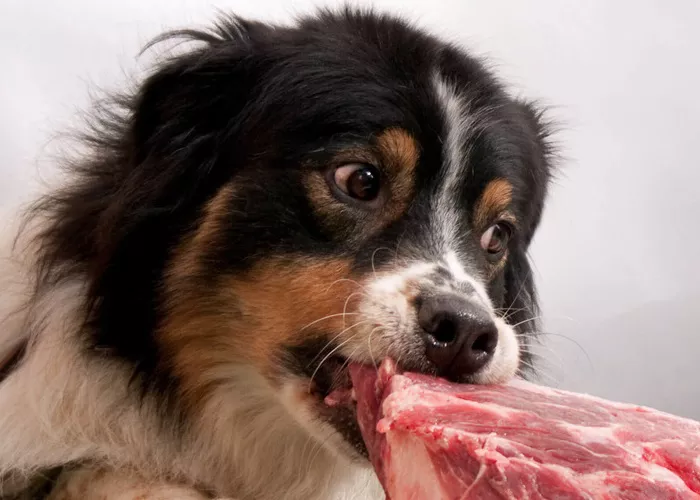On December 3, 2024, experts gathered at a policy dialogue broadcast by the Vietnam National Assembly Television (VNATV) to address the pressing issue of the dog and cat meat trade in Vietnam. The dialogue brought together key national stakeholders and international experts to discuss policy solutions and the trade’s impact on public health, animal welfare, and Vietnam’s international reputation.
A recent survey revealed that each year, approximately 10 million dogs and cats are killed for meat in Vietnam, Cambodia, and Indonesia, with Vietnam alone accounting for about five million dogs and one million cats. This trade not only poses significant health risks, including the spread of rabies, but also damages Vietnam’s image globally, prompting urgent calls for comprehensive action.
Urgent Calls for Legal Reform
During the broadcast, Nguyễn Quang Huân, Deputy of the National Assembly and member of its Committee on Science, Technology, and Environment, emphasized the need for immediate legal action. He pointed out the lack of specific laws prohibiting the trade of dog and cat meat and suggested that instead of waiting for a long-term law, the government should enact a decree to regulate the trade, transportation, and slaughter of dogs and cats. He called for Hà Nội to lead the initiative, which could then be expanded across the country.
Global Insights and Local Action
The dialogue also examined the broader implications of the dog and cat meat trade, particularly its economic effects on tourism in major cities such as Hà Nội and Ho Chi Minh City. Experts shared successful examples from other Asian countries, including South Korea, which recently passed legislation to end the dog meat trade.
Ngô Đình Loát, Deputy Head of Hà Nội City’s Sub-Department of Animal Husbandry, Fisheries and Veterinary Medicine, highlighted the city’s ongoing efforts to control rabies and curb the dog and cat meat trade. Hà Nội’s comprehensive rabies control program, which aligns with the National Target Programme for Rabies Prevention and Control (2022-2030), includes mandatory vaccinations, post-exposure treatment for humans, and efforts to manage domestic dog populations and regulate the trade.
Public Health and Animal Welfare Risks
Rahul Sehgal, International Communications Director at Soi Dog Foundation, pointed out the significant risks posed by the dog and cat meat trade to public health and animal welfare. Sehgal praised Hà Nội’s proactive approach and emphasized the need for continued education, law enforcement training, and assistance to help those involved in the trade transition to alternative livelihoods.
Proposals for Policy Reform
The experts at the dialogue proposed several key measures to end the dog and cat meat trade and eliminate rabies in Vietnam. These included establishing enforcement mechanisms with penalties for violations, creating a transition framework for businesses involved in the trade, and strengthening public education efforts on animal welfare. Additionally, they called for Vietnam to better align its animal welfare practices with international standards.
Broadcast as a Catalyst for Change
The dialogue, broadcast to millions of Vietnamese households through VNATV, is expected to stimulate widespread public discourse on the issue. The program aims to foster greater understanding of the need for policy reform and help build public and governmental support for the elimination of the dog and cat meat trade.
Bùi Duyên, Social and Behaviour Change Director at Intelligentmedia, stressed the importance of such televised dialogues in sparking social change. By engaging both authorities and communities, these discussions can help create momentum for meaningful action and transform entrenched practices.
The broadcast marks an important first step in a nationwide effort to eliminate the dog and cat meat trade and protect both public health and animal welfare in Vietnam.
Related topics:
Can Dogs Eat Cranberries? Everything You Need to Know
School Celebrates Deaf Therapy Dog’s Birthday with Heartfelt Surprise


